Are you considering making the switch to solar energy for your home or business but aren’t sure where to start? You’re not alone! More and more people in the UK are looking at solar as a way to save on energy bills and reduce their carbon footprint. But if you’re new to solar energy, the process can feel overwhelming.
At Novus Energy, we’re here to simplify things for you. In this beginner’s guide, we’ll break down the key steps, benefits, and considerations of going solar in the UK. By the end, you’ll have a clearer understanding of whether solar is the right choice for you and how to begin the process.
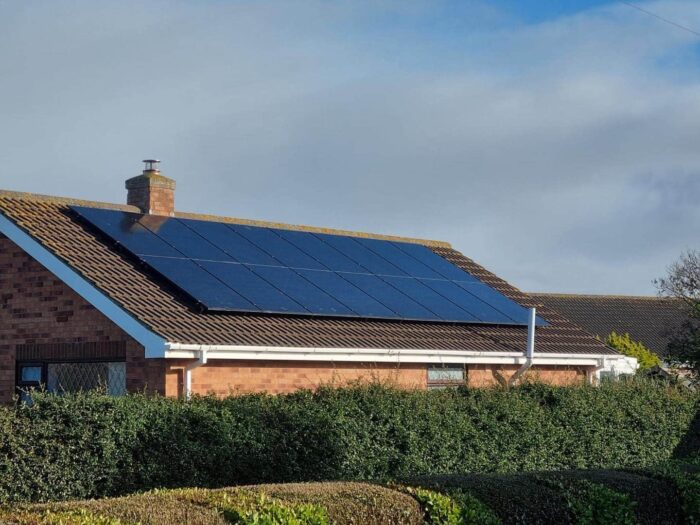
1. What is Solar Energy?
Solar energy is power that is harnessed from the sun’s rays using solar panels. These panels convert sunlight into electricity, which can be used to power your home or business. Solar power is a renewable energy source, meaning it won’t run out, and it helps reduce reliance on fossil fuels. The UK may not have constant sunshine, but solar technology is efficient enough to generate power even on cloudy days.
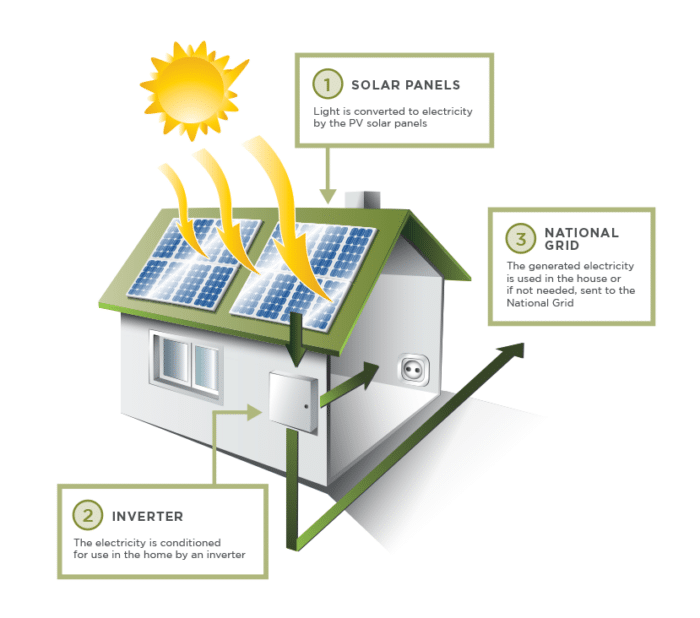
2. Why Go Solar?
There are several reasons why more homeowners and businesses are turning to solar energy:
- Reduce Energy Bills: Solar energy can dramatically lower your electricity bills by allowing you to generate your own power.
- Environmental Benefits: Solar energy is clean and renewable, reducing your carbon footprint and helping combat climate change.
- Energy Independence: With solar panels, you become less reliant on the national grid, giving you more control over your energy supply.
- Government Incentives: There are various government schemes available in the UK to help reduce the upfront cost of installing solar systems, including grants and incentives like the Smart Export Guarantee (SEG).
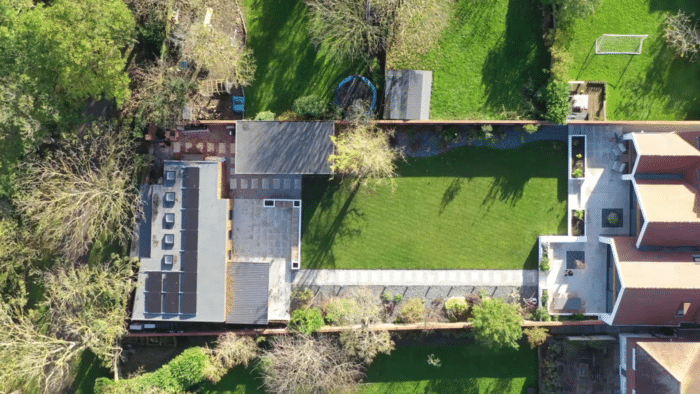
3. What Are the Steps to Going Solar?
Going solar in the UK is a straightforward process, but it’s important to work with a reputable installer to ensure a smooth installation and maximum efficiency. Here’s a step-by-step guide:
Step 1: Evaluate Your Energy Needs
Before you get started, it’s important to assess how much energy you consume. This will help determine the size and type of solar system you need. For businesses, understanding your average energy usage is key to reducing your overhead costs. For homeowners, understanding your electricity needs helps to estimate how much power your system will generate.
Step 2: Get a Site Assessment
An experienced solar installer, like Novus Energy, will assess your property to determine if solar panels are a good fit. Factors like roof orientation, shading, and available space are considered. We also take into account your local climate to estimate the amount of energy your solar system will generate.
Step 3: Design Your System
Based on your energy needs and the site assessment, a solar system is designed specifically for your property. This may include the number of panels, the type of inverter, and whether you want to include energy storage with batteries.
Step 4: Installation
Once everything is designed, the installation process begins. Solar panels are mounted on your roof or ground-mounted (if there’s space). The inverter and other components are also installed. The installation process typically takes 1-3 days, depending on the complexity of the system.
Step 5: System Testing and Monitoring
After installation, your system will be tested to ensure everything is working properly. At Novus Energy, we offer ongoing monitoring to track the system’s performance, ensuring you’re getting the most out of your solar investment.
4. How Much Does Solar Energy Cost in the UK?
The cost of solar panels in the UK depends on several factors, including the size of your system, the quality of components, and whether you opt for additional features like energy storage. On average, installing solar panels in the UK can cost between £4,000 and £7,000 for a typical home. However, the long-term savings and government incentives can offset these costs significantly.
For businesses, the installation costs can be higher, but the savings over time are also much greater. The return on investment (ROI) for commercial solar installations is typically around 5-10 years.
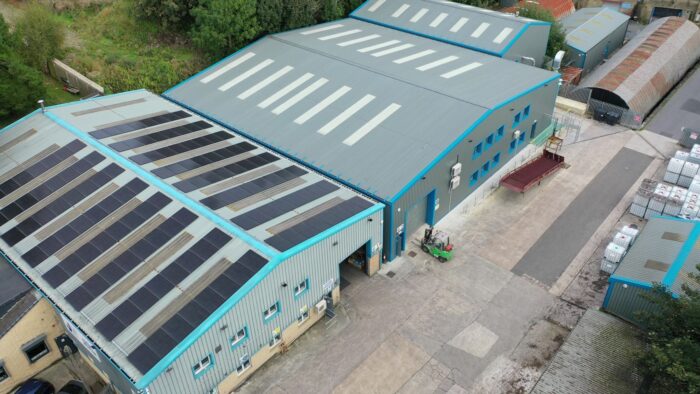
5. How Much Can You Save with Solar?
One of the biggest reasons to go solar is the savings you can achieve on your energy bills. On average, homeowners in the UK can save up to 70% on their energy bills by installing solar panels and a battery. For businesses, the savings can be significantly higher, depending on the size of the installation and energy consumption.
By generating your own electricity, you can reduce your dependence on the grid. Additionally, if you choose to store excess energy in batteries, you can use it during peak hours when energy prices are higher, further reducing costs.
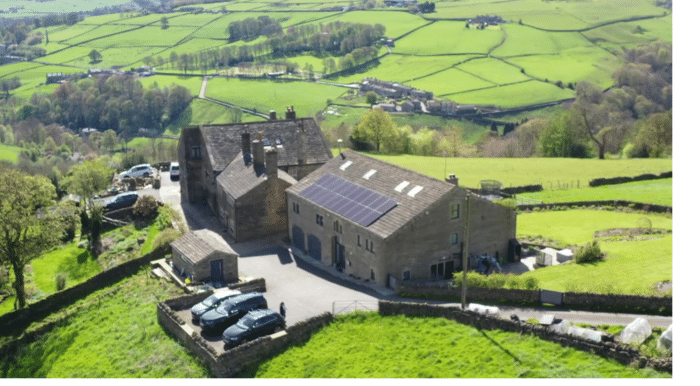
6. Government Incentives for Solar in the UK
The UK government offers several schemes to encourage the installation of solar systems:
- Smart Export Guarantee (SEG): Under this scheme, energy suppliers pay you for the surplus solar power you generate and export back to the grid.
- Grants and Tax Relief: Certain local councils and energy programs offer grants or tax relief for solar installations, helping to lower upfront costs.
7. Do You Need Batteries for Solar Energy?
While solar panels generate electricity during the day, you may need to store excess energy to use at night or during cloudy days. Solar batteries can help store the excess energy generated by your system, allowing you to reduce reliance on the grid even further.
Batteries are not necessary for every solar installation, but they are an excellent addition for homeowners and businesses that want to maximise their energy independence. They can also help you take advantage of energy savings during peak times when energy prices are high.
If you are out during the day and use most of your energy in the evenings, then a battery is certainly recommended!
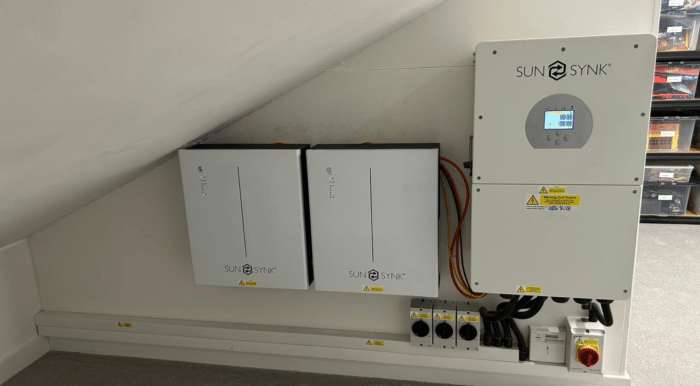
8. How to Choose a Solar Installer
Choosing the right installer is crucial to ensuring that your solar system is efficient, reliable, and cost-effective. Here are a few things to look for when selecting a solar installer:
- Experience and Reputation: Look for a company with a proven track record of successful solar installations.
- Accreditations: Make sure the installer is accredited by bodies such as the Microgeneration Certification Scheme (MCS).
- Transparent Pricing: Choose a company that provides clear and transparent pricing with no hidden costs.
- Warranty and Aftercare: Ensure that your installer offers warranties on both the solar panels and the installation work.
At Novus Energy, we’re proud to offer tailored solar solutions for both homes and businesses, ensuring maximum efficiency and savings. Our team of experts is dedicated to helping you navigate the entire solar installation process from start to finish.
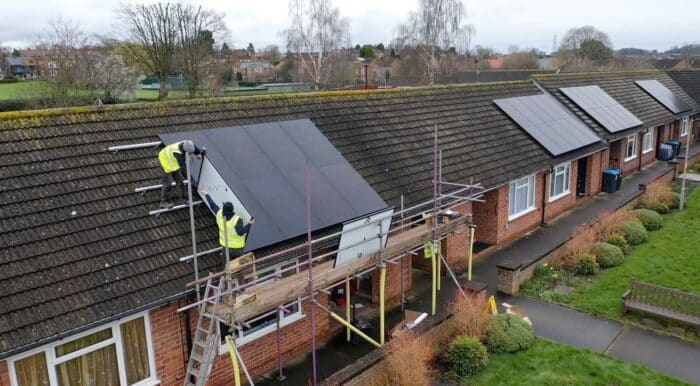
Ready to Go Solar?
If you’re considering solar for your home or business, Novus Energy is here to help. We offer expert advice, high-quality installations, and ongoing support to ensure that you get the most out of your solar investment.
Contact us today for a consultation, and take the first step toward energy independence! Simply fill out the form below to get started.